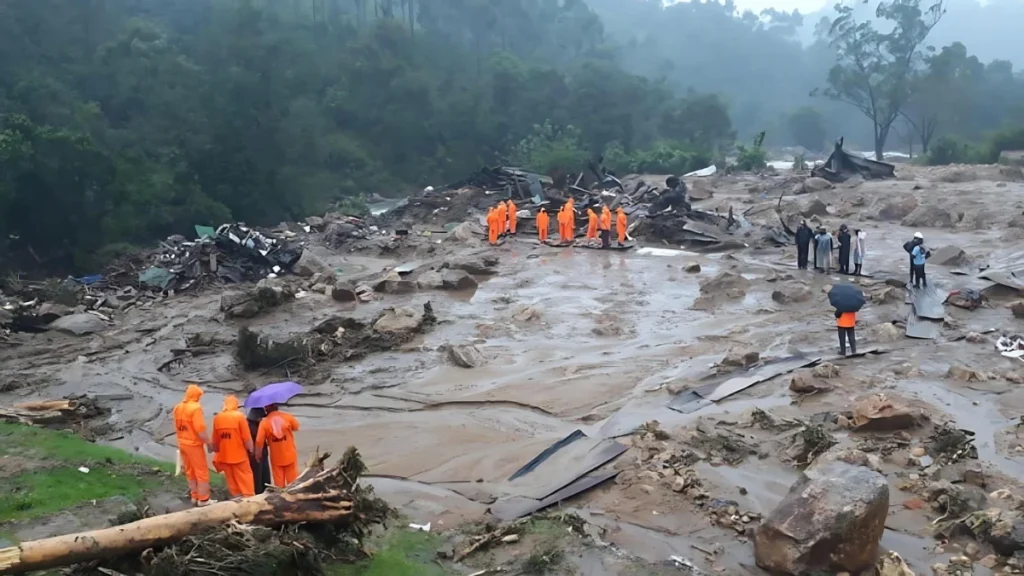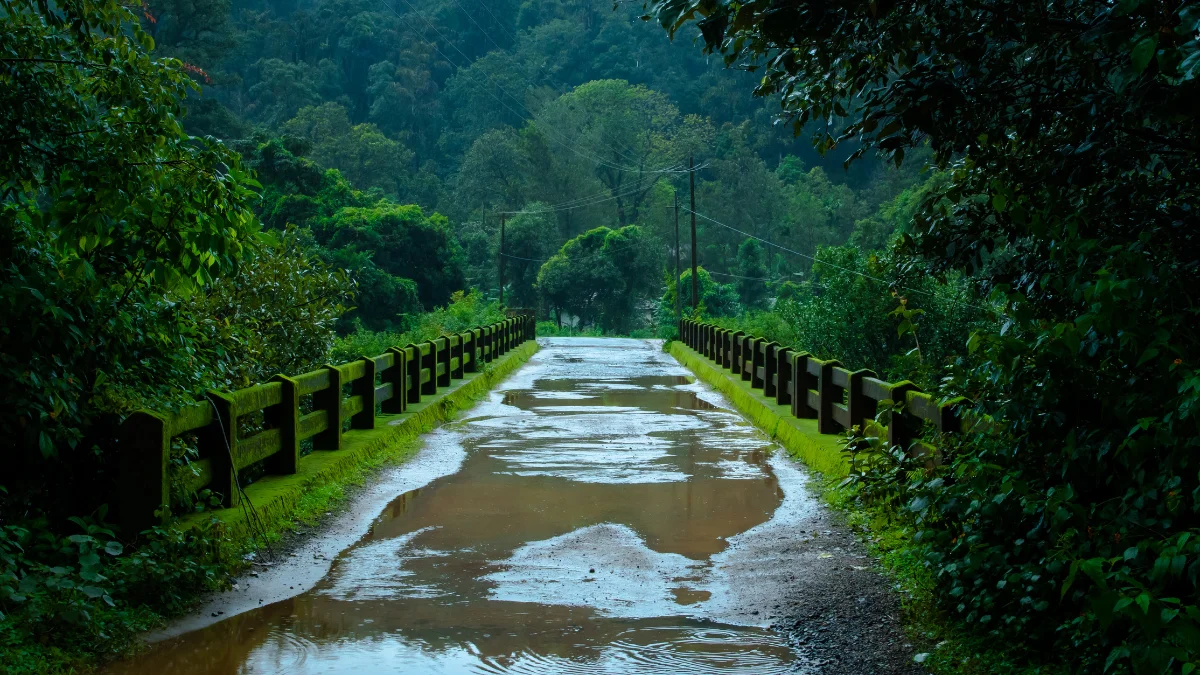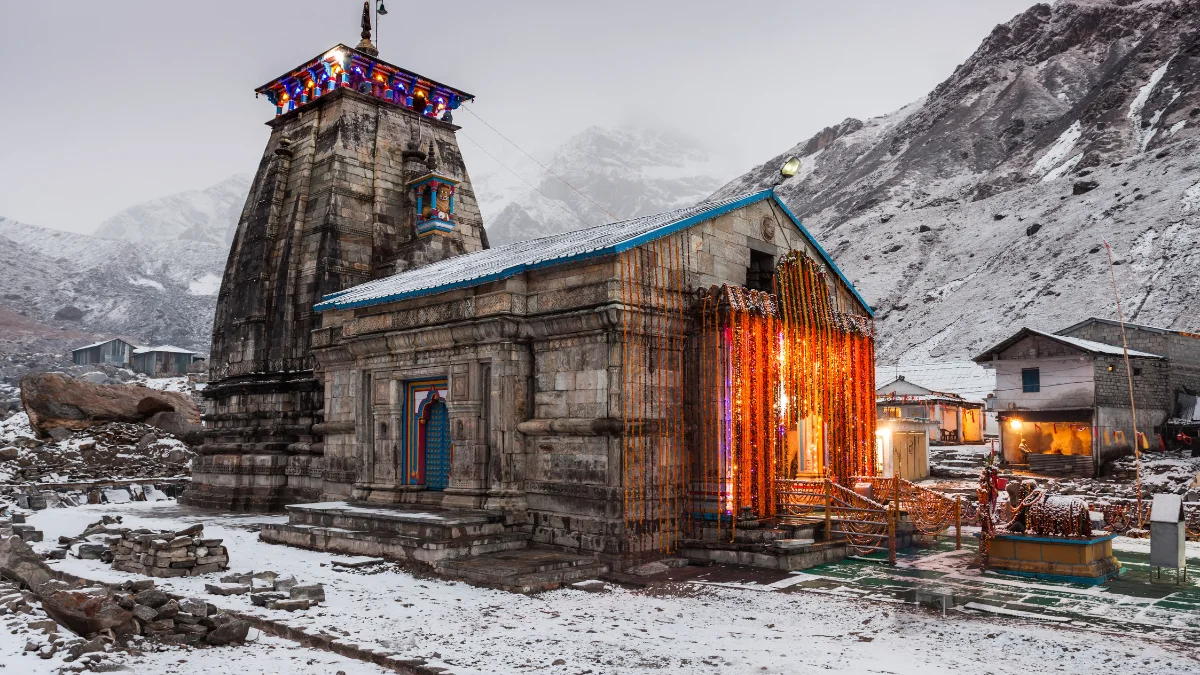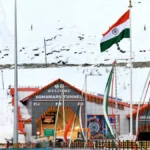The Wayanad landslide has made the situation very bad; many people have lost their lives. If you plan to go to Wayanad, postpone the trip for now.
Wayanad landslide News
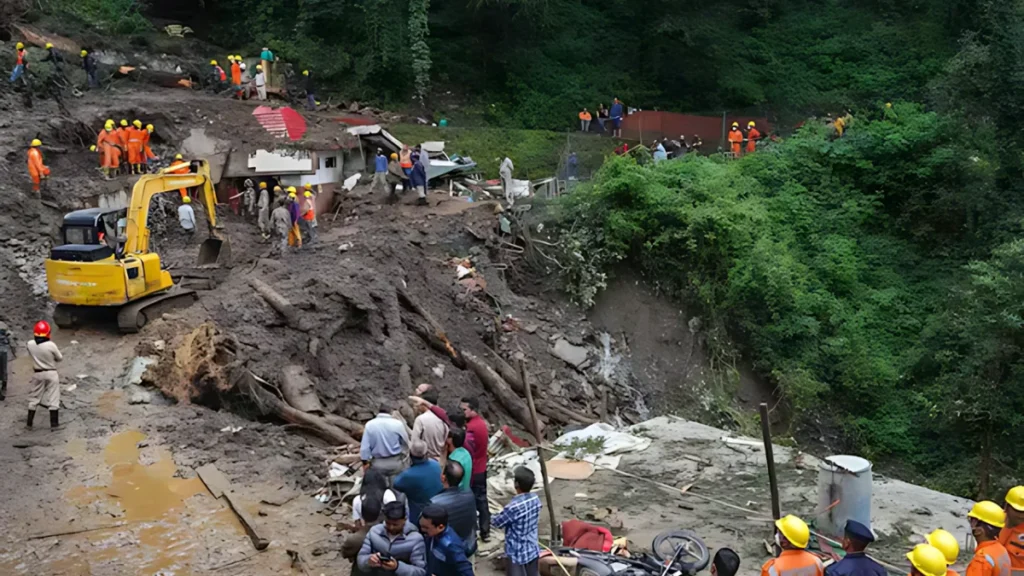
Going to Wayanad now is unsafe. Many roads are closed, and the situation is very dangerous. We suggest that you postpone the trip until now. It would help if you planned to go to other places in India.
Many people have lost their lives in the Wayanad landslide; 158 people have lost their lives. An alert has been issued in 24 states of the country due to heavy rains and storms. In the last few days, instead of vehicles, motor boats were seen on the roads in the big cities of the country. Many cities and districts like Dehradun, Pune, Wayanad, Dibrugarh, and Jamnagar were seen in the grip of floods.
More than 150 people have died in landslides that occurred after heavy rains. NDRF and the Army have been given the responsibility of rescuing. Prime Minister Modi has also spoken to Kerala Chief Minister Pranar Vijan and assured help. Now, note two things here. First, about 125 districts of 23 states were declared drought-affected in April this year. Jamnagar, Pune, and Nad were on this list.
On 27 May 2024, the Meteorological Department, in its press release exp, expressed the apprehension that Central and South India will receive more than normal rainfall this year and North East India will receive less than average rainfall. Many contrasting things have come together here, like the drought-hit area. There was a flood in that area, and there were estimates of more rain than required and, in some places, less. Then, this question arises.
How does monsoon come to India?
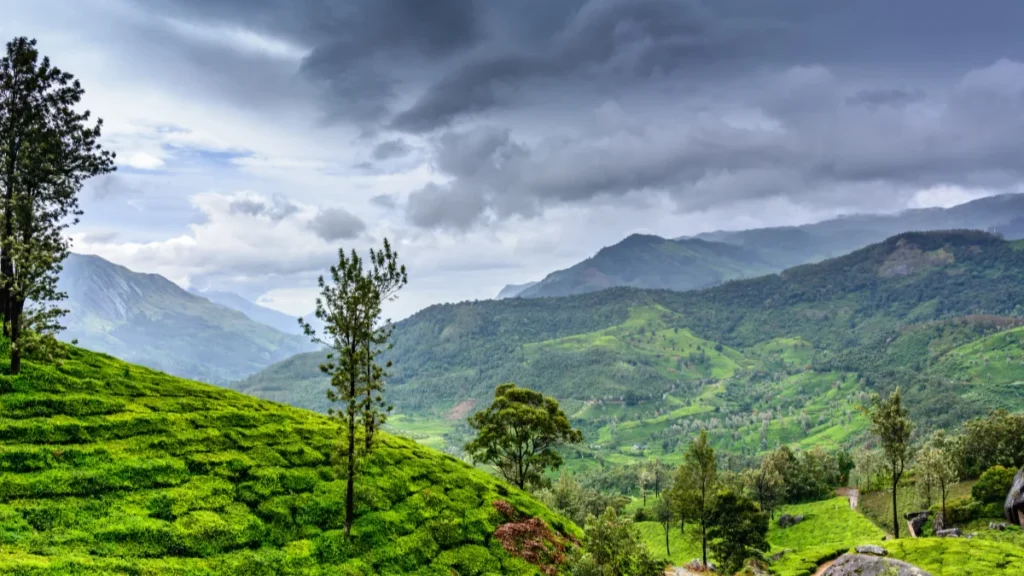
It is essential to understand monsoon that with the change in weather, the winds change direction, and these winds bring water with them; the root cause of the change in the direction of the wind is the difference in the temperature of the sea and the land. Most of the heat on the earth comes from the sun only; in fact, the source of all the heat coming from outside is the sun only, but the sun’s rays do not heat the entire place uniformly. The land gets heated quickly due to the sun’s rays, and it takes time for the seawater to get heated. These are the properties of land and water, called specific heat in physics.
The specific heat capacity to be pressurized is that in summer, the average temperature of the land keeps increasing. However, the seas remain colder than the land. This causes a difference in the pressure in the atmosphere or atmospheric pressure. The simple principle is that heat and pressure have a ratio of 36. Wherever the air is hotter, the pressure there will decrease, and where the air is colder, the pressure there will increase because the molecules can come closer. In this way, high-pressure and low-pressure points start forming in different areas of the world. In June, a low-pressure area was formed on the Indian landmass, and a high-pressure zone was formed near Musk Islands, situated about 3800 km south of Hindustan.
This is also called Musker N High. Apart from this, there are many high and low-pressure points in the Indian Ocean and the Pacific Ocean. Due to these, the monsoons coming to India continue to be affected. A low-pressure point is formed near Australia, and a high-pressure point is formed on the left side of South America. Similarly, a high-pressure point is formed near Japan. After Kerala, the monsoon gradually progresses towards North India. The second stream of monsoon comes from the Bay of Bengal. These winds enter the eastern part of India and cause the western bandh.
